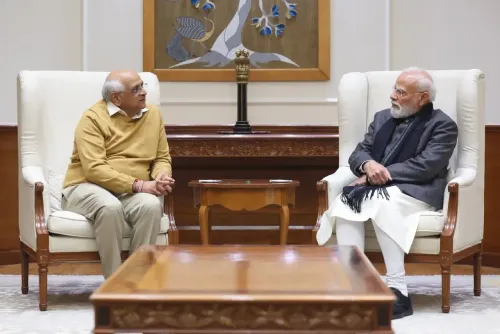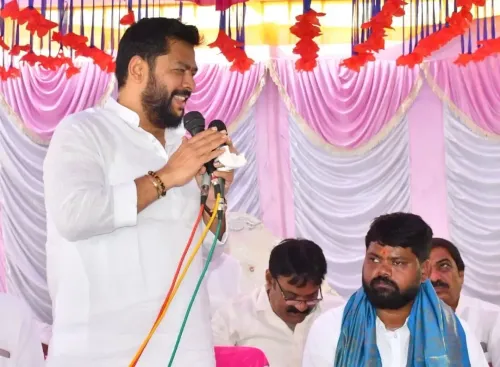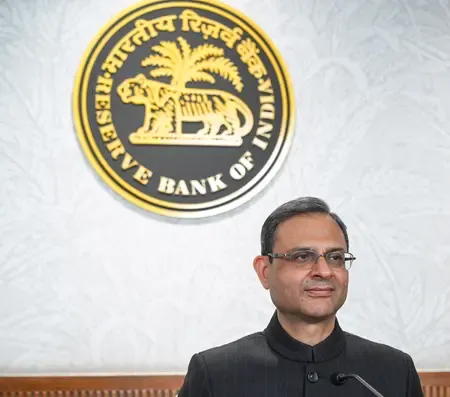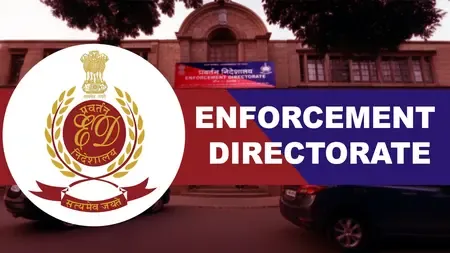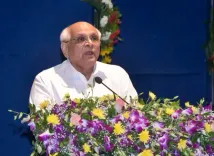Is the Punjab Assembly Taking a Strong Stance Against Sacrilege?
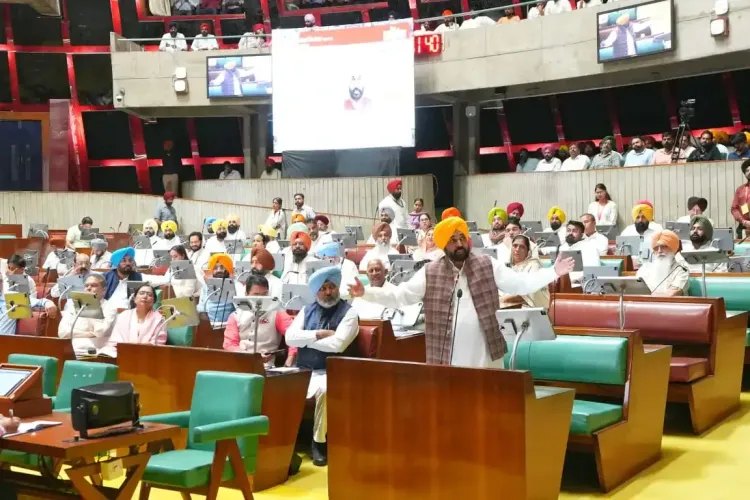
Synopsis
Key Takeaways
- Punjab Assembly refers important Bill to select committee.
- Bill proposes strict penalties for sacrilege.
- Public consultation to take place over six months.
- Previous efforts to legislate similar Bills were unsuccessful.
- Government aims to protect religious sentiments and promote unity.
Chandigarh, July 15 (NationPress) Following a lengthy three-hour discussion filled with accusations and counter-claims, the Punjab Vidhan Sabha on Tuesday reached a unanimous decision to forward the emotionally charged Punjab Prevention of Offences Against Holy Scriptures Bill of 2025 to a select committee. This committee will engage with various stakeholders for comprehensive consultation.
Speaker Kultar Singh Sandhwan announced that the select committee would gather public feedback on the Bill and deliver its recommendations within a span of six months.
Initially, the Chief Minister suggested a four-month review period. The Bill aims to impose rigorous penalties for offences related to sacrilege, including a minimum sentence of ten years, which can escalate to life imprisonment, alongside monetary fines between Rs 5 lakh to Rs 10 lakh.
The scriptures highlighted in the Bill include the Guru Granth Sahib, selections from the Bhagavad Gita, the Koran, and the Bible.
This marks the third legislative attempt by the Assembly to address sacrilege issues. In both 2016 and 2018, the former SAD-BJP and the Congress governments passed similar Bills, only for them to be returned by the President without approval.
While introducing the Bill, Chief Minister Bhagwant Mann stated that this represents an issue of great emotional weight that resonates with every Punjabi citizen. He underscored the significance of this matter, noting its profound implications not just for the present but also for future generations.
CM Mann emphasized the urgent need for severe penalties for such intolerable acts to deter potential offenders. He reminded the assembly that Punjab is a revered land filled with teachings from great gurus, saints, and seers who promoted mutual love and tolerance. Unfortunately, he pointed out that anti-Punjab elements have been attempting to undermine the social fabric of the state through sacrilegious actions against holy scriptures since 2016.
The Chief Minister confirmed that his government had consulted with prominent legal experts to formulate strong legislation that ensures offenders face serious consequences, including the harshest penalties for such despicable crimes. He reiterated his administration's commitment to justice, assuring that any individual involved in sacrilegious acts, whether directly or indirectly, would receive exemplary punishment.


